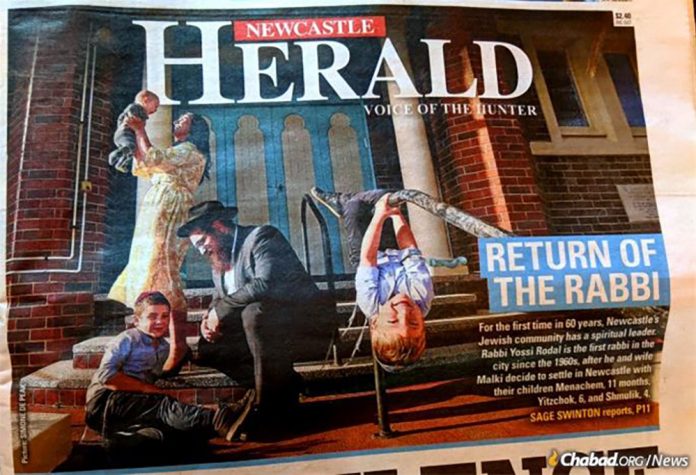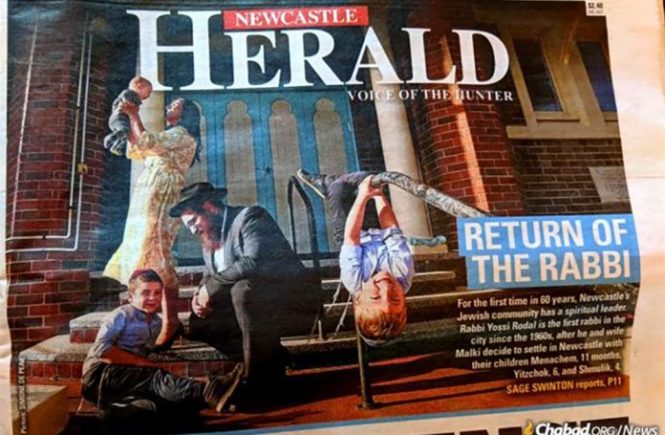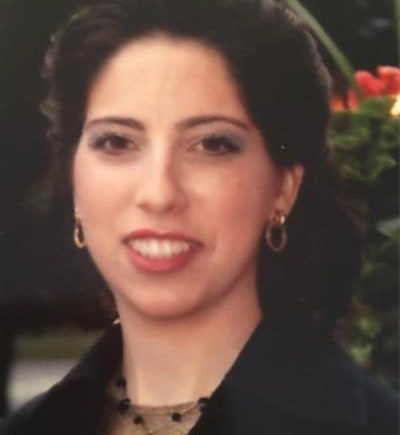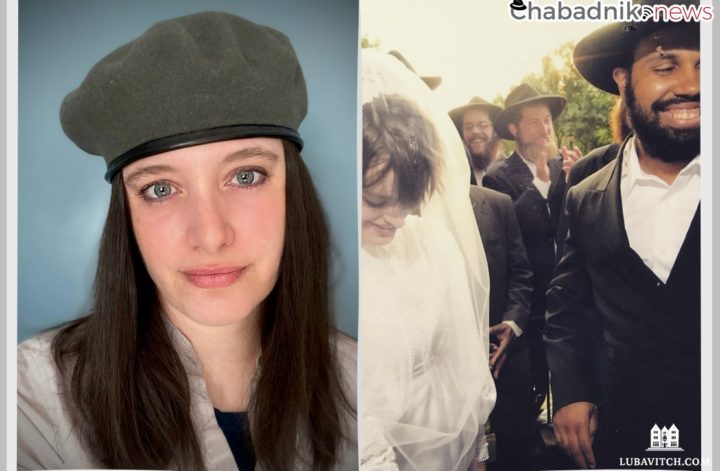On Yom Kippur, 1803, 22-year-old Joseph Samuel was condemned to death by hanging in the corrective state that was Australia. After individual convict Joseph Marcus, one of the soonest Jewish convicts with good Jewish schooling, discussed the last supplications with Samuel in Australia’s previously recorded case of public Jewish petition, Samuel slipped into obviousness as the execution truck was moved away. To the incredible stun of the groups accumulated to watch the shocking procedures, the rope snapped, landing Samuel face down on the ground.
Another rope was tied, the noose put over his head, yet it disentangled. A portion of the group presently started to fight his honesty. Hustling to tie the rope once more, the executioner carried out the thing, and the rope snapped once more. The group was in a state of chaos. The marshal jogged away to look for an absolution from the lead representative, who conceded it, announcing it to be “divine mediation.”

In the same way as other risky convicts, the half-choked Samuel was shipped off to Newcastle, at that point known as Kings Town, nearly 100 miles north of Sydney on Australia’s east coast. There he mulled for an additional three years working in the coal mineshafts prior to mounting a wild break endeavor from the settlement by boat. The boat was discovered later on and Samuel pronounced suffocated, his body never recuperated.
Over two centuries later, another Newcastle inhabitant—Claire Tipper, a local of Birmingham in the United Kingdom—experienced celestial mediation of her own this past Yom Kippur when Chabad-Lubavitch Rabbi Yossi Rodal turned into the city’s first perpetual rabbi since 1958, driving High Holiday administrations at a revived temple and assembly. It was a long ways from the extemporized last Yom Kippur supplications of Marcus and Samuel countless years prior.
At the point when Rodal and his better half, Malki, became co-heads of Chabad-Lubavitch of Newcastle in June, they were going along with one of Australia’s most seasoned Jewish people group—one that they had been visiting for quite a long time. Established in 1905, the Newcastle Hebrew Congregation is one of Australia’s most seasoned, also the longest in consistent use outside of the significant capital urban areas.
‘I Always Wanted to Keep a More Kosher Home’
A startling city for so memorable a place of worship, Newcastle’s Jewish people group has a similarly interesting history, beholding back to the soonest long periods of European settlement in Australia.
The principal Jews to get comfortable Newcastle—today Australia’s seventh biggest city with a populace of 440,000, and the world’s biggest exporter of coal, creating a stunning 159.9 million tons in 2017—were of foundations like that of Samuel, though less emotional.
In 1927, the network blessed its first place of worship, with its rabbi, Latvian-conceived Rev. Isack Morris, driving the administration, joined by Rabbi Francis Cohen of Sydney’s Great Synagogue.
In its prime during the twentieth century, the 300-seat temple was completely filled on Rosh Hashanah and Yom Kippur, with standing room just for mavericks. As the network gradually declined, with numerous more youthful individuals moving to more broad Jewish life and openings in Sydney, the network hung tight, with the South African relocation blast during the 1980s pulling in new individuals.
Yet, when that Tipper moved to Newcastle in 2009, she was unable to acquire legitimate meat locally. “I generally needed to keep a more legitimate home,” she tells Chabad.org, “yet it was testing.” Taking the worry of rehearsing Judaism for her thus numerous others, Rodal by and by movements to Sydney, over two hours toward the south, to get Tipper’s fit meat.
At the point when Tipper’s oldest, Joshua, was expected to commend his Jewish right of passage in 2015, she realized who to call. Chabad of Rural and Regional Australia (RARA) had been attempted half-yearly peaceful visits to Newcastle for 10 years or somewhere in the vicinity, reinforcing the weak assembly with its enthusiastic youthful rabbinical understudies and youthful couples.
They helped with driving the principal night Passover Seder at the temple every year and facilitated the second night Seder, and drove High Holiday administrations, notwithstanding visiting Jews dispersed through the locale. Tipper solicited Chabad from RARA’s Rabbi Yossi Rodal to direct at Joshua’s festival. At the point when her girl, Sophia, praised her bat mitzvah the following year, Rodal returned, and it was the principal bat mitzvah Newcastle had seen for a long time.
At the point when the Rodals started coordinating Chabad of RARA—presently praising its twentieth year of administration to country Jews—in 2015, Newcastle filled in as a base of sorts for their journeys all through a huge area of Australia’s east coast.
“We had a shul there,” says Rodal, “and a home consistently accessible for us to utilize, on account of a liberal network part,” which gave them a rest from Chabad’s vivid “Mitzvah Tank”— the custom-fitted gathering place on-wheels that has the rabbis and their families as they visit the tremendous landmass keeping an eye on their herd
‘They’ve Thrown Themselves Into the Community’
With their regular visits and the many rabbinic understudies they sent there, the Rodals went gaga for the Newcastle people group and set out to settle there for all time to the pleasure of the network individuals, who hadn’t had a rabbi since the takeoff of Rev. Dr. B. Gottshall, an Auschwitz survivor, in 1958.
The Rodals made the move north from Melbourne during the Australian winter with their three youngsters. Following a couple of months getting comfortable and getting more familiar with the more extensive network (in a Covid safe climate), the bustling High Holiday season showed up. Their state, New South Wales, home to Australia’s biggest populace, has seen 53 passings due to the Covid and Newcastle has had hardly any cases, permitting them to direct administrations in a sheltered manner as per government guidelines.
During Simchat Torah, as the network sang and moved, a more established part shared sincerely with the rabbi that it was his first Simchat Torah festivity in Newcastle since he was 7, when he waved a banner and moving, over 60 years back.
They’ve given the assembly a renewed perspective, with some network individuals already dreading their adored shul would in the end be compelled to close its entryways. “Participation continued decreasing,” says David Gubbay, a resigned late-night radio moderator, and VP and privileged financier of the assemblage, who was conceived in Newcastle and has been essential for the network since 1974. “Each minyan was a battle. With Chabad’s foundation, we’re seeing new development. Their successive visits renewed our assembly, and our relationship is blooming.”



